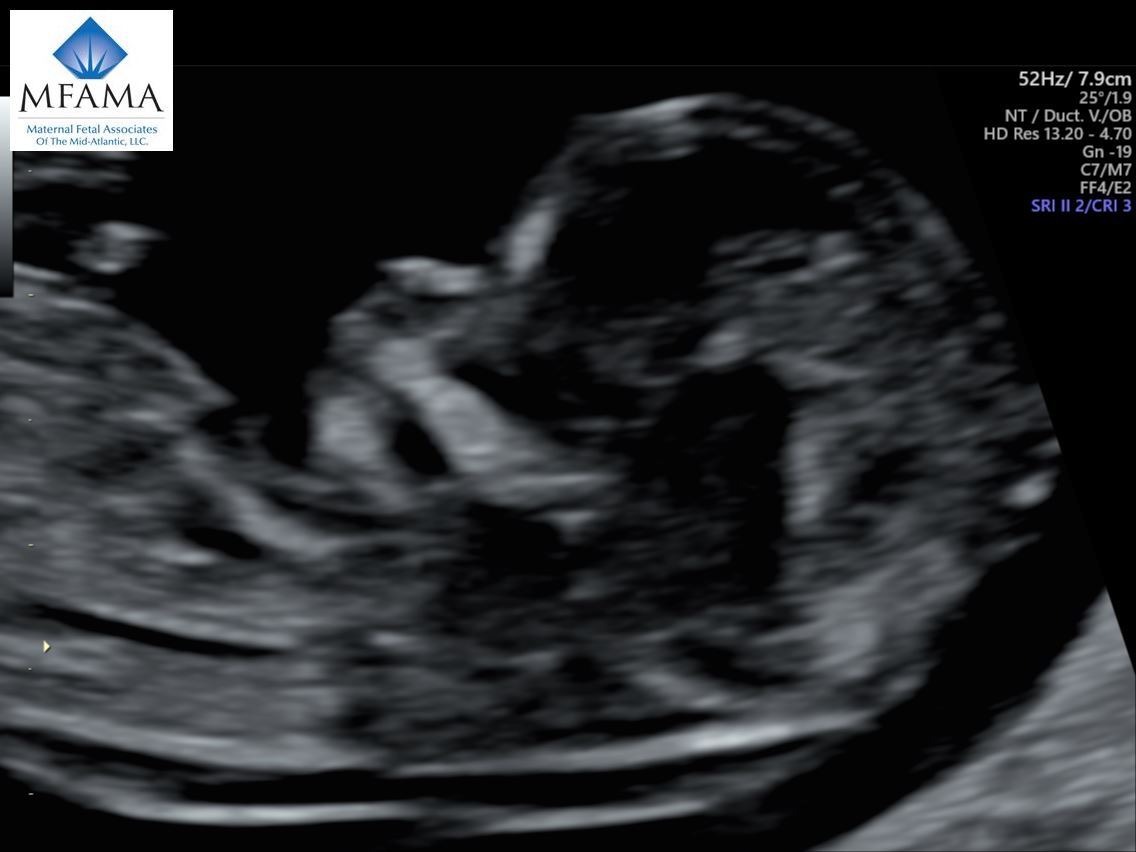TOPLINE: Maternal factors, particularly social deprivation, 36-week ultrasound scan results, and labour/delivery data independently predicted the risk for prolonged NICU admission at term.
METHODOLOGY: Researchers conducted a retrospective analysis of a prospective cohort study including 107,762 women with singleton pregnancies who underwent a routine 36-week ultrasound scan (35 + 0 to 36 + 6 weeks of gestation) between March 2014 and November 2023. They assessed maternal factors (maternal demographics, obstetric and medical history, and pregnancy characteristics) and findings from the scan at week 36 including estimated foetal weight (EFW) and Doppler measurements (uterine artery, umbilical artery, and middle cerebral artery). Other outcomes such as gestational age at delivery, mode of delivery, and birth weight were evaluated. The primary outcome was prolonged NICU admission (> 2 days) for high-dependency or intensive care (total parenteral nutrition or invasive ventilation). TAKEAWAY: Of 107,762 singleton pregnancies, 946 (0.88%) delivered neonates requiring NICU admission. Social deprivation (Index of Multiple Deprivation [IMD]) was an independent predictor of prolonged NICU admission (IMD quintile 1 [most deprived] vs 5 [least deprived]: adjusted odds ratio [aOR], 1.96; P <.001), surpassing ethnicity and other maternal factors. The combined model (maternal factors + 36-week scan data) showed that EFW <10th percentile (aOR, 1.85; P <.001) and> 90th percentile (aOR, 1.58; P <.001) were significant predictors of the risk for NICU admission. The combined model (maternal factors + 36-week scan data + delivery data) detected 39.1% of prolonged NICU admissions; however, more than 40% of these admissions remained unpredictable. IN PRACTICE: “Our findings illustrate that most prolonged NICU admissions are not predictable based on routinely available variables and, even when analyses were restricted to those admissions theoretically predictable by maternal factors or 36-week scan findings, more than 40% of prolonged NICU admissions were not predictable,” the authors wrote. “These data should be included in informed decision-making with regards to place of birth, given the importance of continuous monitoring and ready access to skilled maternity-care providers,” they added.
SOURCE: This study was led by A. Arechvo, Fetal Medicine Research Institute, King’s College Hospital, London, England. It was published online on June 21, 2025, in Ultrasound in Obstetrics & Gynecology.
LIMITATIONS: Although IMD was the standard measure of social deprivation in the UK, it was based on the postcode of residence and may not have accurately reflected individual-level deprivation. This study lacked data on maternal mental health problems, medications, infections, and operative vaginal delivery.
DISCLOSURES: This study was supported by a grant from the Fetal Medicine Foundation.
This article was created using several editorial tools, including AI, as part of the process. Human editors reviewed this content before publication.

